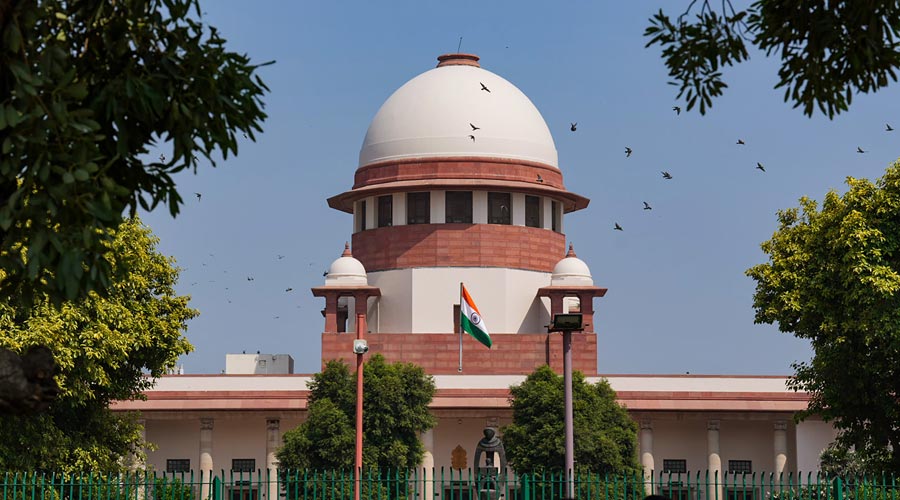P ublic interest litigations may open up unexpected horizons. The Supreme Court dismissed a PIL from an advocate with Bharatiya Janata Party loyalties asking that a renaming commission be ordered. The BJP loves renaming: that is predictable in a party that tries to change the country’s history by throwing out chunks of it from school textbooks. Recently, the name of Mughal Gardens was changed to Amrit Udyan. The PIL requested that the commission be formed under the Union home ministry, and that the Archaeological Survey of India help it to restore to places ‘renamed’ by ‘barbaric’ foreign invaders their ancient historical, cultural and religious names. In a distortion characteristic of saffron arguments, the PIL stated that not doing so was against the sovereignty of the country and the right to dignity and to religion enshrined in the Constitution. For example, no space, not even a municipal ward, in Indraprastha, supposed to be the ancient name for Delhi, was named after any of the Pandavas, who built it, the deities who made it possible or even, amazingly, Kunti or Abhimanyu.
But facts cannot be changed. The Supreme Court reportedly commented that it was not possible to love one part of history as it was a fact that invaders had ruled the country. This made nonsense of the BJP’s constant juggling with the past. Moreover, the court directed the petitioner not to live in the past, or carry it forward into the present and future. This was a pointed instruction, because the court stated that renaming would keep the country boiling. A well-meaning listener could perhaps take care to prove that making trouble was not the ultimate point of the PIL, neither was isolating any particular community. The Supreme Court’s emphasis was clear if indirect, for it stated that renaming, in this case,. would be accusing a community, while Hinduism was a way of life which had no place for bigotry — to say anything else would be belittling it. Besides, the home ministry of a secular country could not be used to the advantage or disadvantage of a religious group. The statements asserted the unalterable nature of history, the need for creating harmony, secularism and, strikingly, the inclusive spirit of the major religion. Perhaps the petitioner had not expected this analysis of his PIL.











